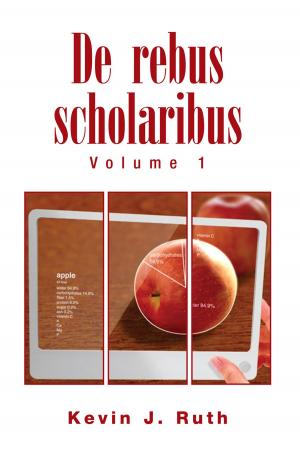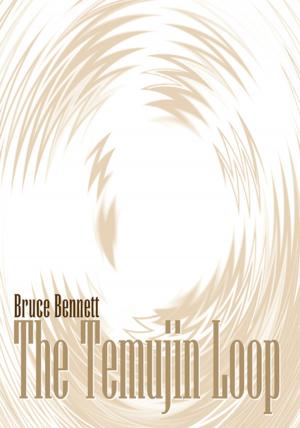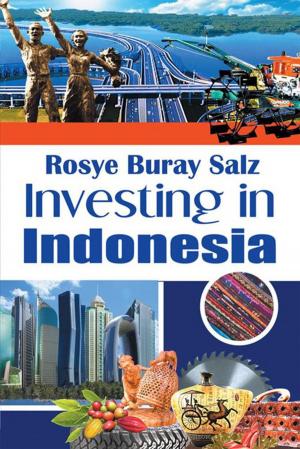| Author: | Donald Wilcox Thomas | ISBN: | 9781524547912 |
| Publisher: | Xlibris US | Publication: | October 7, 2016 |
| Imprint: | Xlibris US | Language: | English |
| Author: | Donald Wilcox Thomas |
| ISBN: | 9781524547912 |
| Publisher: | Xlibris US |
| Publication: | October 7, 2016 |
| Imprint: | Xlibris US |
| Language: | English |
In schools of antiquity, according to Alfred North Whitehead, philosophers aspired to impart wisdom. In modern colleges, our humbler aim is to teach subjects. The drop from divine wisdom, which was the goal of the ancients, to textbook knowledge of subjects, which is achieved by the moderns, marks an educational failure, sustained through the ages. He defines wisdom as the way in which knowledge is held. The ways in which we hold our knowledge is the subject of these essays. It is a subject too little pursued in the corridors of education where the concern today resides with the data rather than the import of the knowledge we pursue. The goal of every teacher, regardless of the level taught, is to think about the knowledge they teach and how it informs and expands the ways in which we live. Without this kind of oversight, we fall into the mere mechanics of instruction, failing to press it beyond the bounds of ordinary thought.
In schools of antiquity, according to Alfred North Whitehead, philosophers aspired to impart wisdom. In modern colleges, our humbler aim is to teach subjects. The drop from divine wisdom, which was the goal of the ancients, to textbook knowledge of subjects, which is achieved by the moderns, marks an educational failure, sustained through the ages. He defines wisdom as the way in which knowledge is held. The ways in which we hold our knowledge is the subject of these essays. It is a subject too little pursued in the corridors of education where the concern today resides with the data rather than the import of the knowledge we pursue. The goal of every teacher, regardless of the level taught, is to think about the knowledge they teach and how it informs and expands the ways in which we live. Without this kind of oversight, we fall into the mere mechanics of instruction, failing to press it beyond the bounds of ordinary thought.















